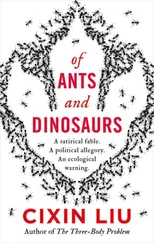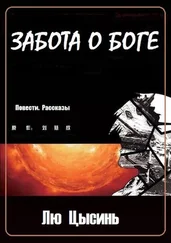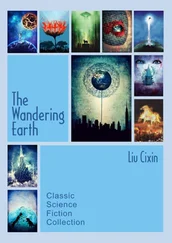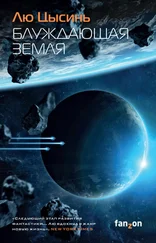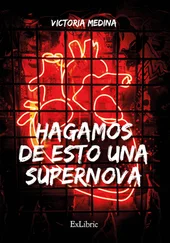That’s how fast China is changing.
Countless tall buildings, hypermarkets, and factories spring up like magic all around you. But the biggest changes are invisible: a wired China is expanding rapidly, and people spend at least half, if not more, of their personal lives online. They interact socially, purchase practically every good imaginable from Taobao up to and including hamsters, and huge groups of them can make their opinions and requests known directly online for events large and small, forming a powerful force of public opinion that is overwhelming traditional media and is rapidly becoming a major determiner of China’s future. The scene in Supernova Era where the internet and a quantum computer facilitate a national dialogue has already basically come to pass in China. The other day I went to Xiong’an New Area in Baoding and visited a brand new city under construction where the supermarkets have no attendants, the hotels are unstaffed, and the vast majority of the cars on the streets are driverless. AI has replaced humanity.
China used to have no sense of the future. In our subconscious, today was the same as yesterday, and tomorrow was going to be the same as today. The future as a concept doesn’t really appear in traditional Chinese culture.
But today, “futuristic” is the most salient impression one gets from China. With everything changing at a blinding pace, a breathtaking future rises like the sun from the horizon, fully compelling, yet suffused with terrifying uncertainty and danger. This provides fertile ground to science fiction, which has been thrust suddenly into the spotlight from its former position on the margins in China; today even a non-governmental science fiction convention can boast the attendance of a national vice president.
The first draft of Supernova Era was written thirty years ago. One night that year when I was in Beijing on a work trip, I had a dream: a limitless expanse of snow, whipped up by the wind into a ground blizzard, and an object—perhaps the sun or a star—glowing with a blinding blue light that painted the sky an eerie color between purple and green. And beneath that dim glow, a formation of children advanced across the snowy ground, white scarves wrapped around their heads, rifles fitted with gleaming bayonets, singing some unrecognizable song as they moved forward in unison…. When I recall the horror of that grim scene it still gives me palpitations. I awoke in a cold sweat and couldn’t get back to sleep, and that’s when the germ of the idea for Supernova Era first took shape.
Back then, if someone had predicted China as it is today, thirty years later, even I, a science fiction writer, would have found it hard to believe.
Nevertheless, the novel accurately depicts the reaction of Chinese people today in the face of a world that’s brand-new and getting newer every day, the reaction to a time when old faiths and supports collapsed before new ones could be erected: utter confusion. Or more correctly, this is the reaction of the middle-aged and elderly—people like myself. China’s new generation is wholly integrated into this new world as native inhabitants of the information age. They are deft users of the internet with no need for instruction, and have quickly adopted it as an inseparable external organ. To them, this is the way the world ought to be, and change is a matter of course; put them in the world of the novel, and they’d adapt to reality even more readily once the adults depart.
Fear of abandonment is an eternal human constant. In the dark, you advance slowly in a particular direction holding hands with your mom and dad, and even though you can’t see them, those two hands keep your soul firmly anchored. All of a sudden they let go, and you grope helplessly around for them in the darkness, and you scream in desperation, but the infinite blackness swallows up your voice…. It’s a dream that everyone probably had in their childhood, something every child fears.
And it is also the greatest fear of humanity as a whole, a terror deeply rooted in human civilization, one that occupies a key place in our spiritual life. Staring into the endless darkness of the cosmos, humanity futilely grasps for a pair of nonexistent hands, but we have so far been unable to find any signs of other intelligent civilizations from our vantage point on a planet that’s no more than a speck of dust in outer space, even as the gods of religion grow ever harder to make out. And therefore our world today is already that of the children in the novel: humanity is an orphan unable to find its parents’ hands, its mind full of terror and confusion even as sparks of naivete and unruliness flicker into flame…. We may not even be as lucky as those children, since in our course of study there is no one to instruct us.
With that in mind, the story told in this novel is a fairly unremarkable one.
The Three-Body Problem
The Dark Forest
Death’s End
Ball Lightning
Supernova Era

CIXIN LIUis the most prolific and popular science fiction writer in the People’s Republic of China. Liu is a winner of the Hugo Award, an eight-time winner of the Galaxy Award (the Chinese Hugo), and a winner of the Chinese Nebula Award. You can sign up for email updates here.
JOEL MARTINSEN is the translator of The Dark Forest and Supernova Era by Cixin Liuand (with Alice Xin Liu) of The Problem with Me, a collection of essays by Han Han. His translations of short fiction have appeared in Pathlight, Chutzpah!, and Words Without Borders . He lives in Beijing.
Thank you for buying this Tom Doherty Associates ebook.
To receive special offers, bonus content, and info on new releases and other great reads, sign up for our newsletters.

Or visit us online at
us.macmillan.com/newslettersignup
For email updates on the author, click here.

The author and publisher have provided this e-book to you without Digital Rights Management software (DRM) applied so that you can enjoy reading it on your personal devices. This e-book is for your personal use only. You may not print or post this e-book, or make this e-book publicly available in any way. You may not copy, reproduce, or upload this e-book, other than to read it on one of your personal devices.
Copyright infringement is against the law. If you believe the copy of this e-book you are reading infringes on the author’s copyright, please notify the publisher at: us.macmillanusa.com/piracy.
This is a work of fiction. All of the characters, organizations, and events portrayed in this novel are either products of the author’s imagination or are used fictitiously.
SUPERNOVA ERA
Copyright © 2004 by 刘慈欣 (Liu Cixin)
English translation copyright © 2019 by China Educational Publications Import & Export Corp., Ltd.
Translation by Joel Martinsen
Originally published as 超新星纪元 in 2004 by Sichuan Science & Technology Publishing House in Chengdu.
Читать дальше
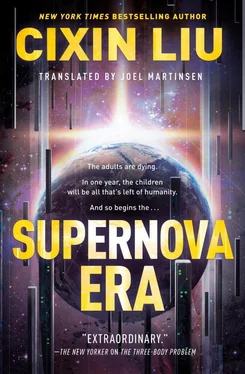



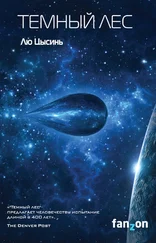
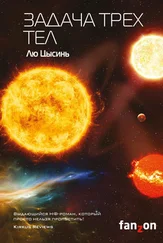
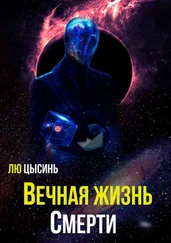
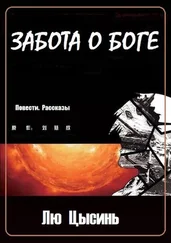
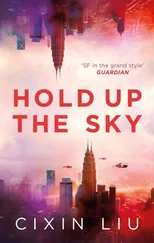
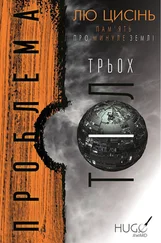
![Лю Цысинь - Эпоха сверхновой [litres]](/books/393110/lyu-cysin-epoha-sverhnovoj-litres-thumb.webp)
